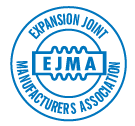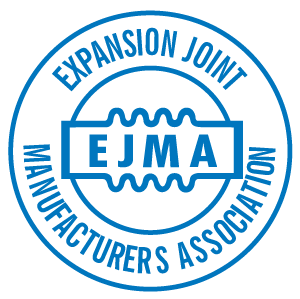Technical Inquiries
The EJMA Technical Committee will consider written requests for interpretations and revisions of the EJMA Standards. The Committee’s activities in this regard, are limited strictly to interpretations of the Standards. EJMA does not approve, certify, rate or endorse any item, construction, proprietary device or activity. EJMA does not act as a consultant on specific engineering problems or on general application or understanding of the EJMA Standards. Inquiries requiring such consideration will be returned. Responses to inquiries are normally made at the EJMA Technical Committee meetings which are held in April and October.
Submittal
Inquires should be submitted in accordance with Appendix E and must include the name and email address of the inquirer.
Inquiries should be submitted to inquiries@ejma.org
Requirements
Inquiries that are non-technical or do not request interpretation of the EJMA Standards should be submitted using the Contact Us page.
Inquiries shall be limited strictly to interpretations of the Standards or to the consideration of revisions to the present Standards on the basis of new data or technology. Inquiries shall meet the following requirements:
(a) Scope. Involve a single subject or closely related subjects in the scope of the Standard. An inquiry letter concerning unrelated subjects will be returned.
(b) Background. State the purpose of the inquiry, which may be either to obtain an interpretation of the Standard or to propose consideration of a revision to the present Standard. Provide concisely the information needed for the Committee’s understanding of the inquiry, being sure to include reference to the applicable Standard Section, Edition, Addenda, paragraphs, figures and tables. If sketches are provided, they shall be limited to the scope of the inquiry.
(c) Inquiry Structure. Proposed Question(s). The inquiry shall be stated in a condensed and precise question format, omitting superfluous background information and where appropriate, composed in such a way that “yes” and “no” (perhaps with provisos) would be an acceptable reply. The inquiry statement should be technically and editorially correct.
Proposed Reply(ies). Provide a proposed reply stating what it is believed that the Standard requires. If in the inquirer’s opinion, a revision to the Standards is needed, recommended wording shall be provided in addition to information justifying the change.
*Note: Inquiries considered to be of interest to the public may be reproduced on this site, without identifying the inquiring party.

